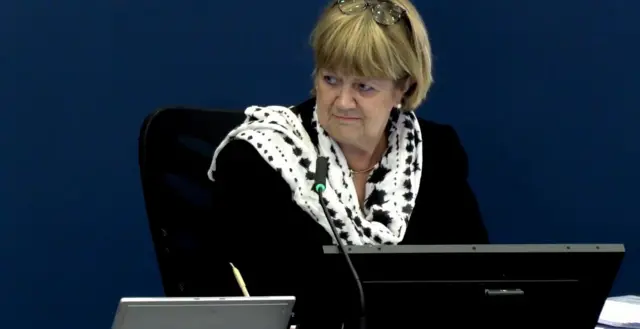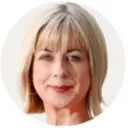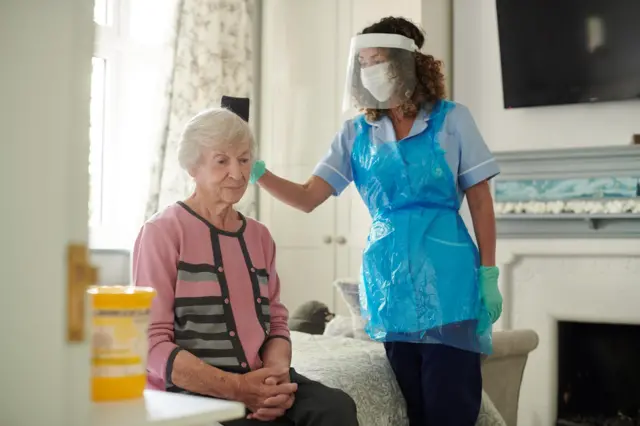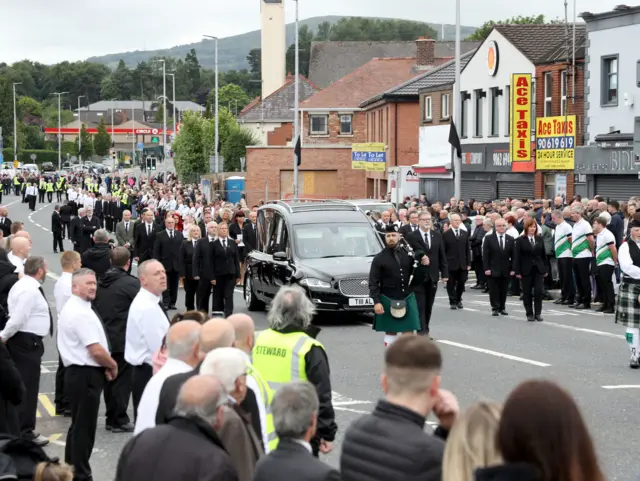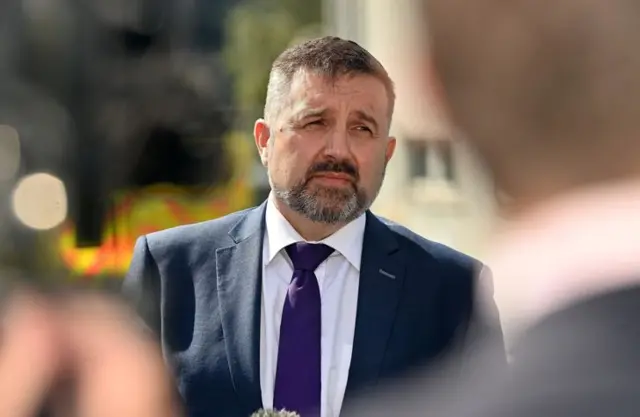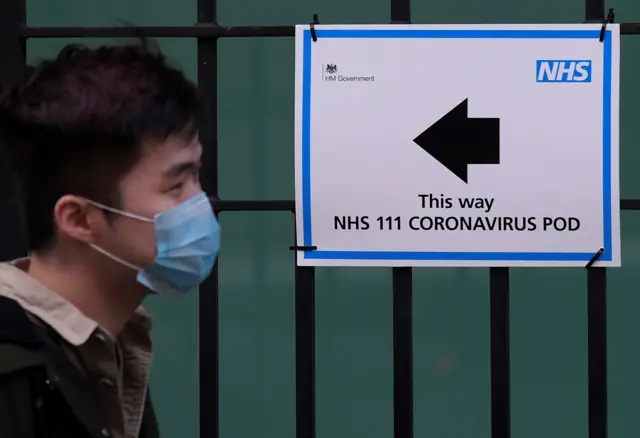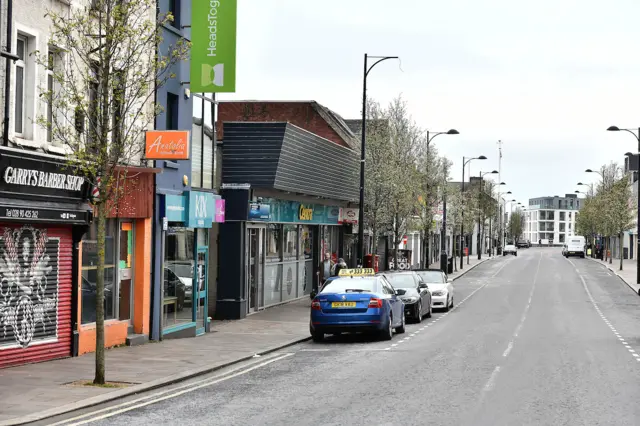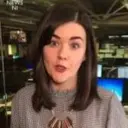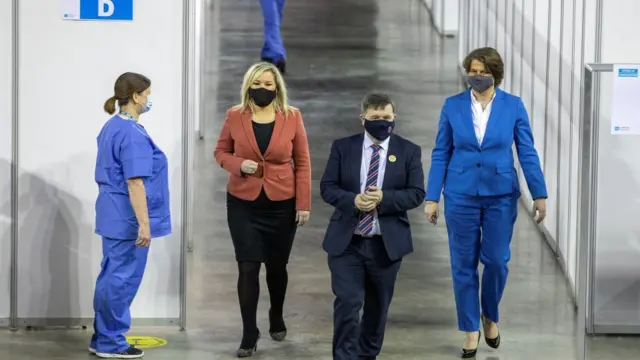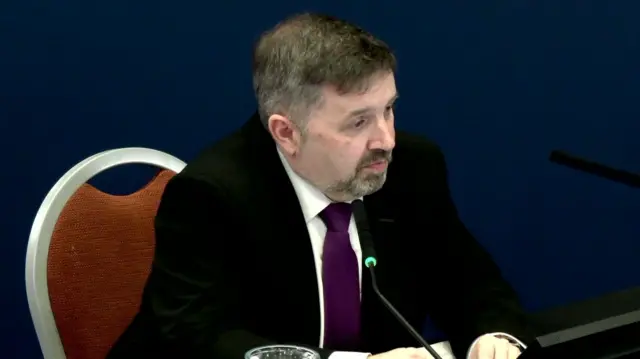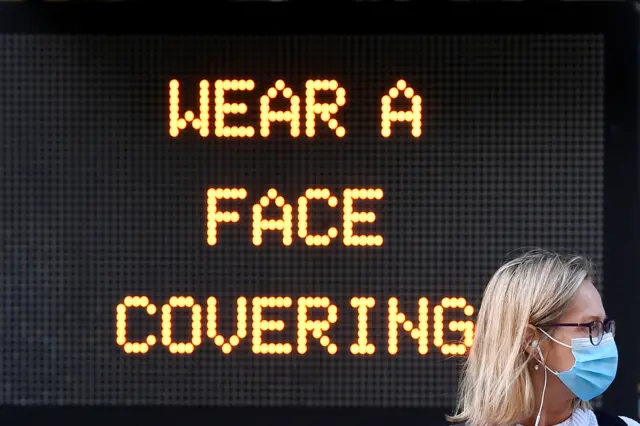Thanks for joining uspublished at 16:23 BST 13 May 2024
We are now concluding today's live text coverage of the UK Covid Inquiry sitting in Belfast.
Thank you for joining us as Health Minister Robin Swann gave evidence to the inquiry.
For more on today's proceedings, read our main story here.
And you can continue to follow our live stream by clicking on the 'Watch live' button at the top of this screen.
Goodbye for now.
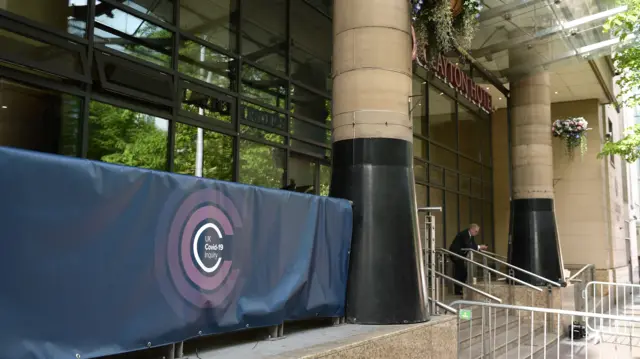 Image source, Getty Images
Image source, Getty Images